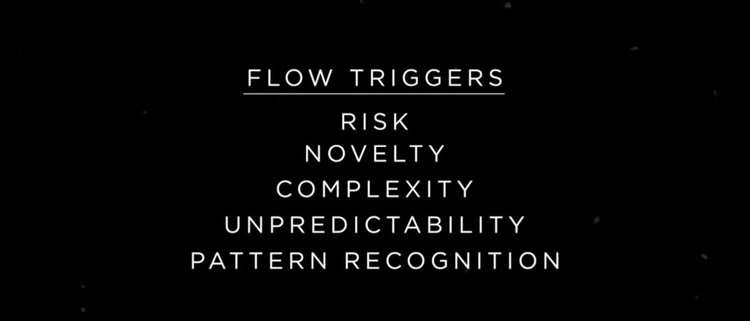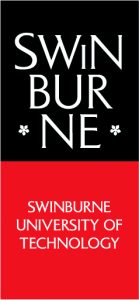The Fundamentals of Flow
Share

In my study of Rhythm, and how to achieve it from leadership or team perspective, I have found the concept of flow to be an important cornerstone of this. When asked about this mystical idea of Rhythm, the easiest way I can explain it is:
“Rhythm is the repeatable cycle of being in flow where you feel calm, considered, and relaxed no matter what unexpected external force is experienced.”
This is of great interest to me for two reasons:
It doesn’t come naturally to me.
I have had moments of being in Rhythm, and it feels goooooood…
In The Rhythm Effect, I break this down into tangible steps and skills that leaders and professionals can use to harness the productivity power of Rhythm. And, having an understanding around Flow is helpful.
Steven Kotler, the Founder of The Flow Research Collective and integral to The Flow Genome Project writes about the power of Flow in his book The Rise of Superman,
“This means that flow doesn’t just provide a joyful, self-directed path toward mastery—it literally shortens the path.”
The reason for this is that the Flow state provides us with hits of dopamine firing off our pleasure centers. Kotler describes this as a state where we are able to lock out distractions enabling us to use less of our brains to achieve more. Basically, it is a highly focused state where we achieve a lot and it feels really really good.
How can we access this state? What are the things we can engage with to spark dopamine and start the sensation of Flow? Here are Kotler’s Flow Triggers:
Ways to use this could include…
Risk: find something a little scary/daunting/challenging
Novelty: find something new/different/stimulating
Complexity: find something difficult/needs solving/puzzling
Unpredictability: find something dynamic/changing/sporadic
Pattern Recognition: find something linked/integrated/aligned
By hunting down one of these opportunities in the context of our individual workplaces or job roles, we can start playing with the concept and increasing, what I call, our Return On Effort (ROE) through Flow.
In my experience this is a very individual thing to investigate and develop, and that it is also ever-changing. Once we are aware of the concept and learn how to access it, we have a powerful catalyst for productivity, workplace engagement, and happiness. For Leaders and anyone in Sales, the opportunity can be transformational.



















Follow us on social media